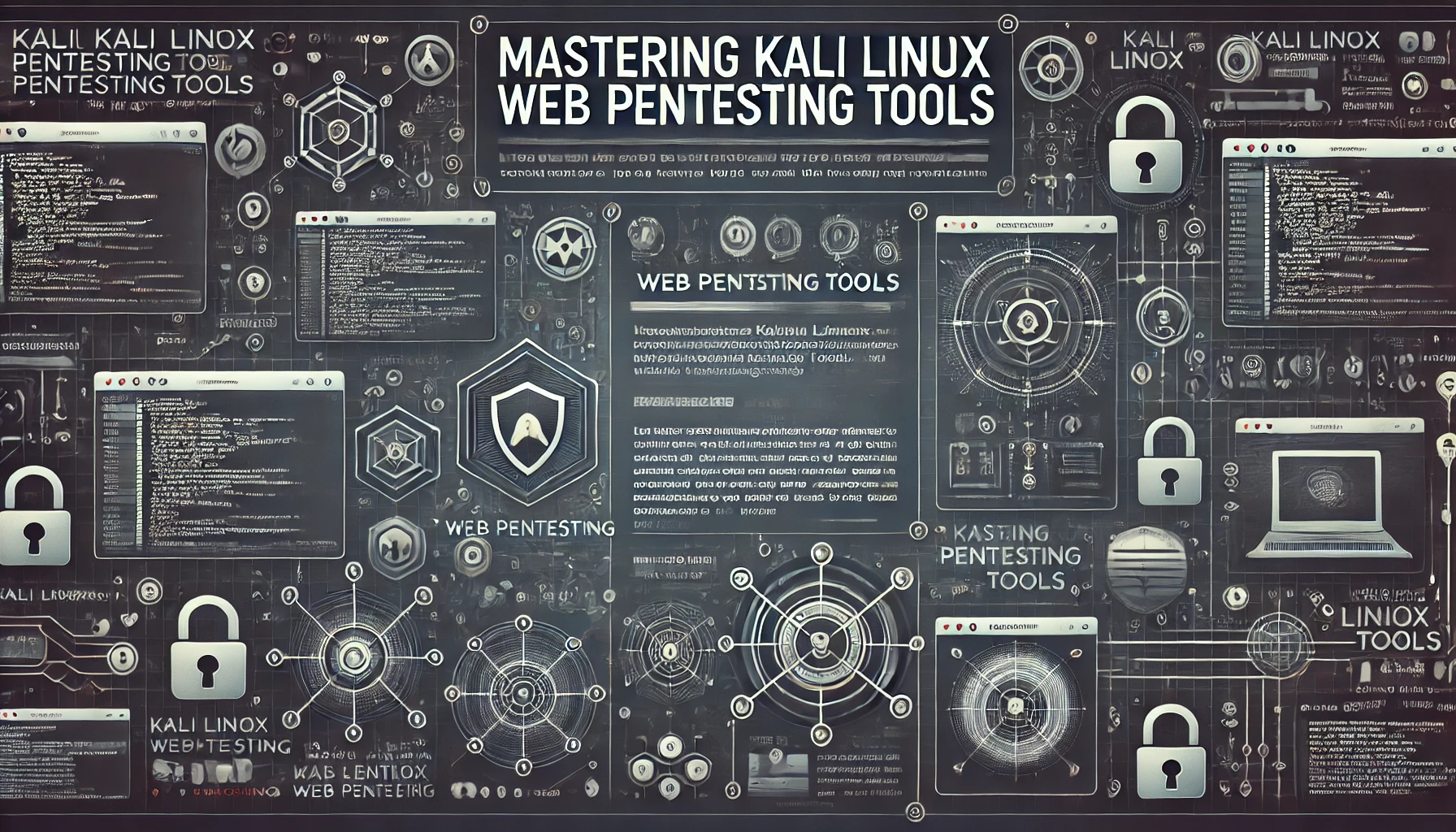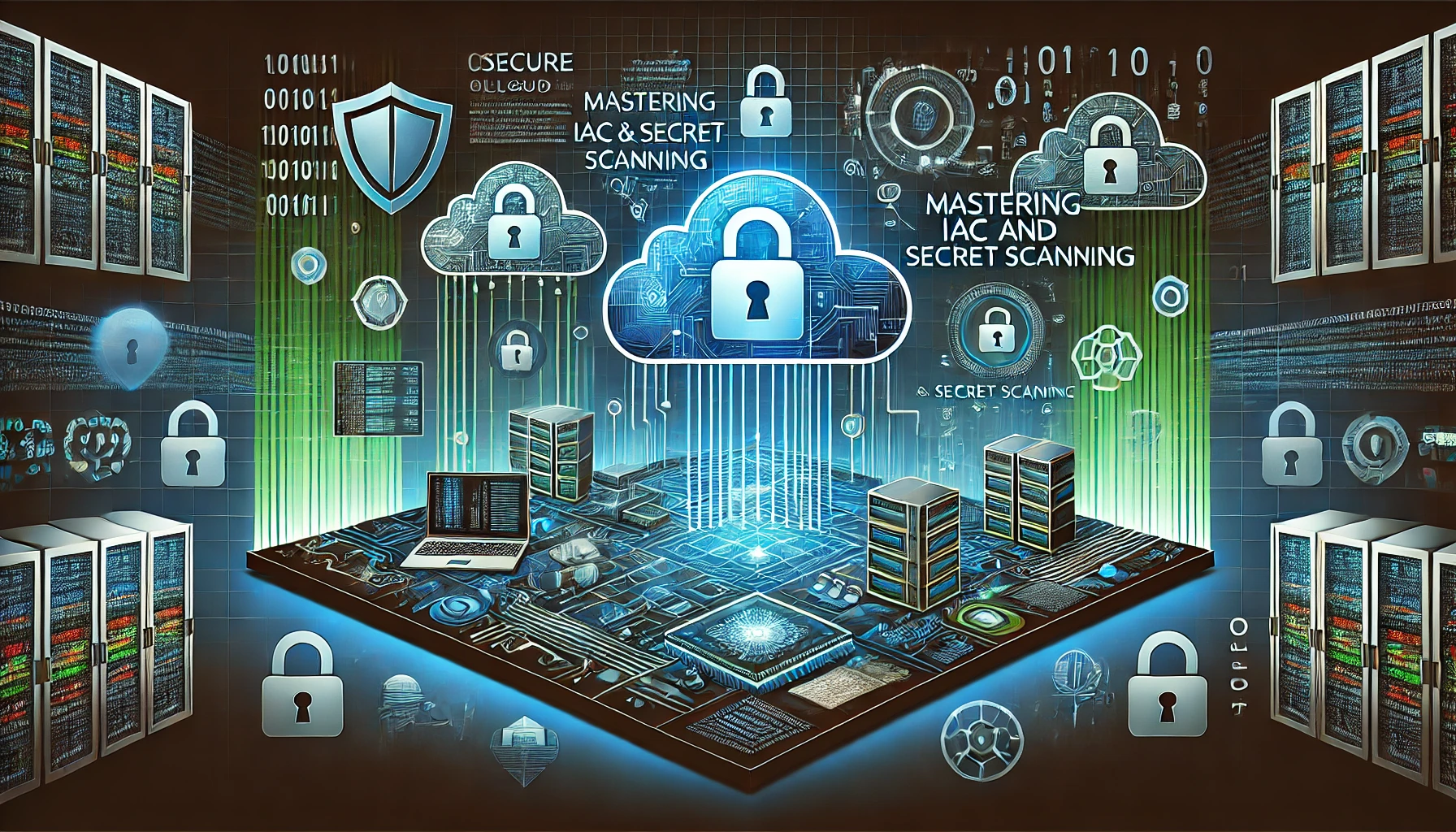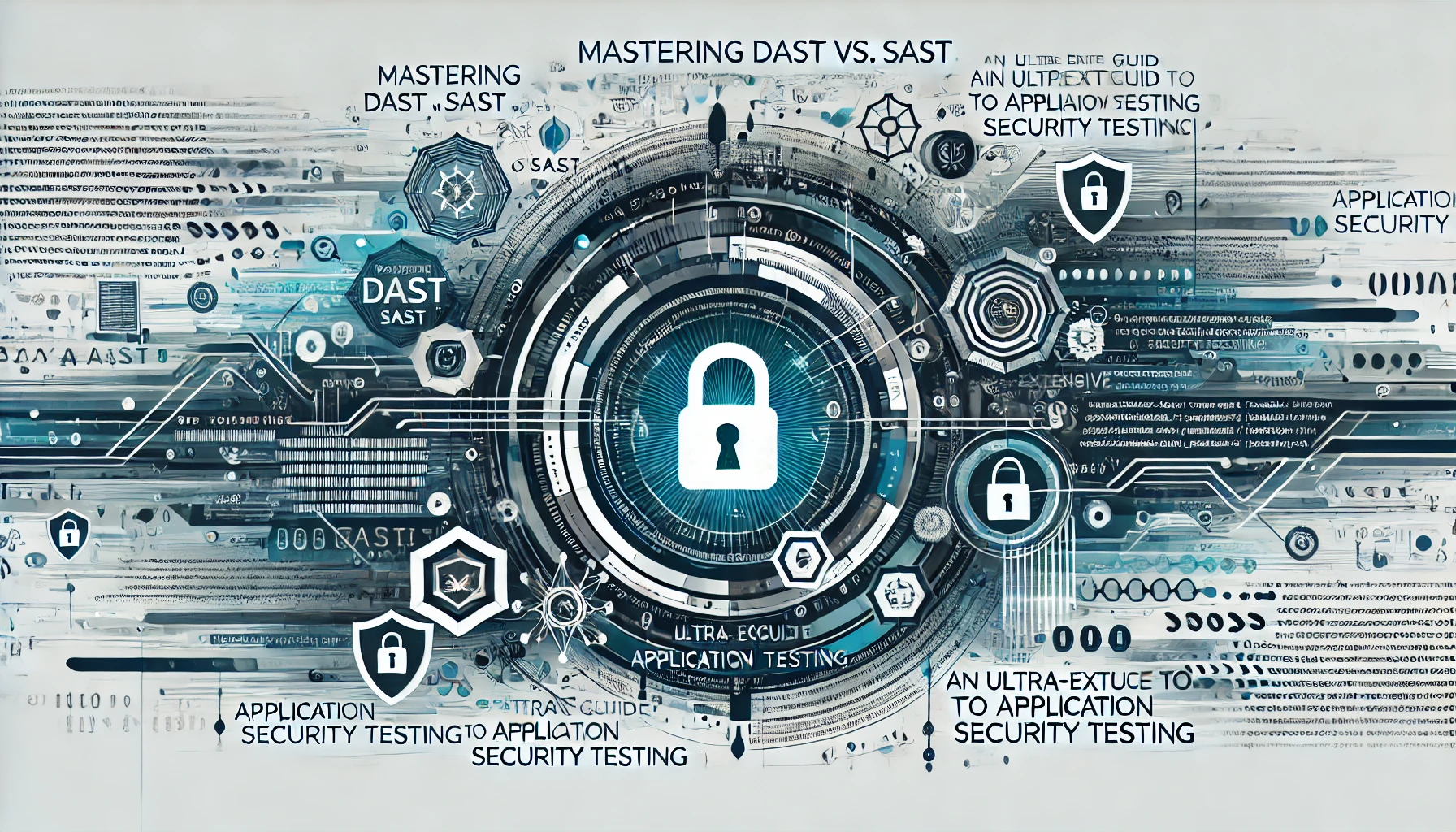Securing Smart Cities: The Future of Urban Cybersecurity
As cities around the world become increasingly connected and reliant on technology, the concept of smart cities has gained significant momentum. Smart cities leverage cutting-edge technologies to improve efficiency, enhance sustainability, and elevate the quality of life for residents. However, the rapid digital transformation of urban areas also brings forth new cybersecurity challenges that need to be addressed.
Smart city security involves safeguarding critical infrastructure, networks, and data from cyber threats. The interconnectedness of various systems, such as transportation, energy, and public safety, makes them vulnerable to cyber attacks that can have far-reaching consequences.
One of the key aspects of smart city security is ensuring the protection of data. Smart cities generate vast amounts of data through sensors, cameras, and other IoT devices. This data is utilized to optimize urban services, but it also poses privacy and security risks. Unauthorized access to this data can lead to privacy breaches and even enable malicious actors to manipulate city operations.
Another significant concern is securing the communication networks that enable smart city functionality. These networks, such as 5G, are the backbone of smart city infrastructure and are critical for transmitting data between devices and systems. Any compromise in the integrity or availability of these networks can have severe consequences, disrupting essential services and compromising public safety.
Securing smart city infrastructure requires a multi-faceted approach. It involves implementing robust authentication mechanisms to ensure the integrity of connected devices and systems. Encryption techniques should be employed to protect data both in transit and at rest. Regular vulnerability assessments and penetration testing should be conducted to identify and address any weaknesses in the system.
Furthermore, collaboration between various stakeholders is crucial for effective smart city security. Government agencies, private organizations, and cybersecurity experts must work together to develop and implement comprehensive security strategies. Sharing threat intelligence and best practices can help mitigate risks and stay one step ahead of cybercriminals.
In conclusion, as smart cities continue to evolve, so do the cybersecurity challenges associated with them. Securing smart city infrastructure, data, and communication networks is of paramount importance to protect citizens and ensure the smooth functioning of urban areas. By adopting robust security measures and fostering collaboration, we can pave the way for a secure and resilient future.







